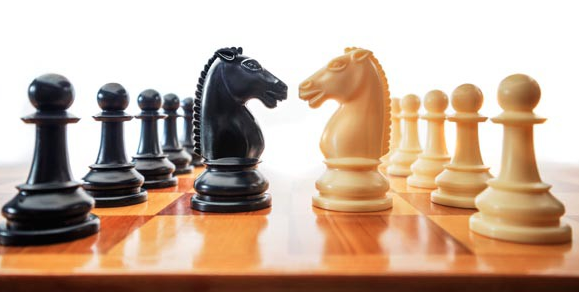Ukraine and Russia Crisis: To Seize or Not to Seize
The current crisis between the Ukraine and Russia situation and the gunning of MH17 flight over the rebel held area in Ukraine has a deep history of mixed politics and different voices sparing between both sides. From the collapse of the Soviet Union in 1990, there has been a lot of struggle in maintaining separation from what is “Ukrainian” and what is “Russian” because in the languages they are so similar. Most individuals are actually mixed ethnicities, like myself, who is Russian-Ukrainian. The political structure and economic division is largely impacted by the warfare that is occurring. The underlying assumptions portrayed in the conflict between both nations are the importance of the provided and supplied outcome that comes from both choices made on each side of the spectrum. Cowen notes that game theory’s sustained response is one that the “more peacefully that disputes are resolved, the more peaceful resolution is expected” and in turn that peace is easier and much simpler to maintain. Yet on the other hand again, the peaceful outcomes are less likely and there is a declination of trust and the international norms shift to which conflicts become more likely and that is unfavorable. The expectations of both, the peaceful vs. non-peaceful outcomes are in each event part of “multiple equlibria” that is divided into the “coordination game” and into “hawk-dove”. Each implement strategies that act as functionalities for creating two players who are both speaking opportunities to get the greatest payoff depending on what is on each line.
Where the coordination game are responding to one conflict ( the seizing of Ukraine) in an attempt to resolve with each selection being a lower or higher payoff ( seize Ukraine, don’t seize). Each player is attempting to get their higher payoff where the one with the higher payoff may be penalized but the one with the lower payoff isn’t penalized at all in terms of the “Stag Hunt” game. The payoff can be level where each choses the same thing, (seize Ukraine, seize Ukraine) and (don’t seize, don’t seize) but the one with higher payoff risks being penalized. The “multiple equilibria” (peaceful expectations versus expectations of conflict), and each event in a conflict raises the risk that peaceful situations can unravel. There is a significant possibility that we are seeing a tipping point away from peaceful conflict resolution now. The tension has been escalated since March and the outcomes are no longer without danger of which each would push for the succession of each. The payoff is generally the same now with the overall consideration but there is still the leeway between the mass of lost casualties and the selected choices between both in the seizure of Ukraine.
With the already full seize of Crimea in March, the market economy in Moscow had the ruble plunge and the stock declined by more than 10%, this becomes a part of the consideration in the game when deciding whether or not to invade all of Ukraine. The bit becomes a representation of the whole and the full circumstance of the seizure of the whole. Russia being about an exporter of 70% of it’s export income has great risks but also gains as it is already a super power and to add again another part would increase the hegemony of the state. This becomes a form of deterrence between how Russia acts as a player in the game between its steps with Ukraine, as they are not alone and the world is watching. Especially a connection in the web of nodes, are the division between alliances and enemies. The intersection of Ukrainian allies to the Russian allies is interesting to examine and the support each receives before making a decision in their moves. The playoffs become less confided to the state of each but become more focused on the global powers and the understanding between both and the worldly view that each presents.
Furthermore, with the downing of flight MH17 the demonization process of Putin has begun long ago and this has added to offense on the end of the Western world as pressure for Russia to back off. The added sanctions are hurting the economy further and most of the EU is following suit against Russia. Such a move divides the separation between what moves each will do in game theory in terms of the payoffs, which are monitored on a more global scale than just local.
Sources:
http://www.nytimes.com/2014/03/16/business/crimea-through-a-game-theory-lens.html?_r=0
http://www.economist.com/blogs/democracyinamerica/2014/03/game-theory-ukraine
(esk83, eliza kuzmenko)

